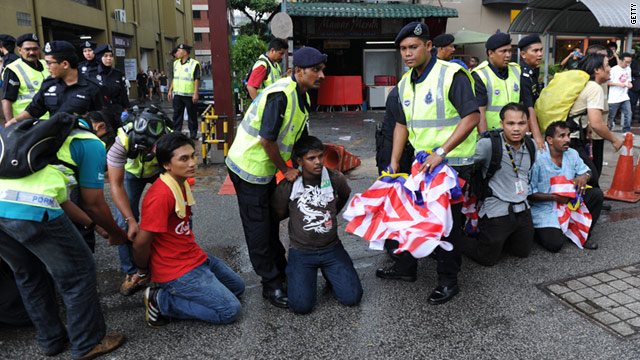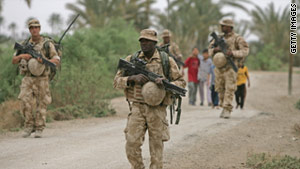By Carolyn Abdenour
Impunity Watch Reporter, Africa
DAR ES SALAAM, Tanzania – Thirteen members of the Eritrean Red Sea FC football team are seeking political asylum after losing a semi-final championship game of a regional tournament sponsored by the Council for East and Central Africa Football Associations in Tanzania on Saturday. Of the twenty-six members of the team, only half arrived at Mwalimu Nyerere International Airport to depart from Tanzania. The remaining players are attempting to escape a repressive government, national military service, and poverty under the regime of the Eritrean President Isaias Afewerki.

Tanzania Football Federation Secretary General Angetile Osiah reported that the returning Eritrean football players attempted to stamp the passports of their missing team members at the airport’s immigration checkpoint. Ms. Oshiah stated that law enforcement authorities were notified about the missing players for investigation.
Isaac Nantanga, spokesperson for Tanzania’s ministry of Home Affairs reported “[t]he 13 Eritrean footballers went directly to the United Nations High Commissioner for Refugees (UNHCR) offices in Dar es Saleem and sought protection as refugees.” Nantanga noted that authorities were unable to arrest the defecting players since they had received international protection.
Since Eritrea gained independence from Ethiopia in 1993, the government has repressed the population; prohibiting political opposition, an independent media, and freedom of worship. President Afewerki also keeps the country in a constant state of insecurity, preventing international mediators from deciding a common border between Eritrea and Ethiopia. Eritrean youth are forced to serve decades in the army or low-wage government positions and face extreme challenges gaining exit visas. The Guardian has reported that “the [youths’] situation seems so hopeless that the only option is to make perilous journeys on foot to Ethiopia or Sudan, and onwards.”
Eritrean football players have previously absconded four times different times. Most recently, twelve members of the Eritrean football team disappeared in 2009 after completing a regional football tournament in Kenya. These players received asylum in Australia to continue their football careers.
While the defection of Eritrean football players may create international headlines, the emigration of Eritrean citizens to surrounding countries is nothing new. Human rights reports indicate that thousands of Eritrean citizens flee from “the most repressed African nation” annually. Although Eritrea has a population of only five million persons, it has one of the largest ratios of asylum seekers in the world. Playing sports has often been used as a method for Eritrean citizens to dodge military conscription and leave the country. However, to prevent sports related defections, the Eritrean government charges each traveling athlete a $6,700 deposit which the government returns only upon their arrival home.
Although the players are currently being held by Tanzanian authorities for questioning, Mr. Nantanga stressed that the “interviews are in line with Tanzanian and international laws and the objective is to establish reasons for the applicants to seek asylum in the country.”
For more information, please see:
BBC – Eritrean Red Sea FC footballers seek Tanzania asylum –12 July 2011
Global Post – Eritrean footballers go missing (again) – 12 July 2011
The Citizen – Eritrean team players now seek TZ asylum – 12 July 2011
The Guardian – Eritrean footballers go missing in Tanzania after tournament – 12 July 2011
SomaliNet Forums – Eritrean Football Players Missing in Tanzania – 12 July 2011



